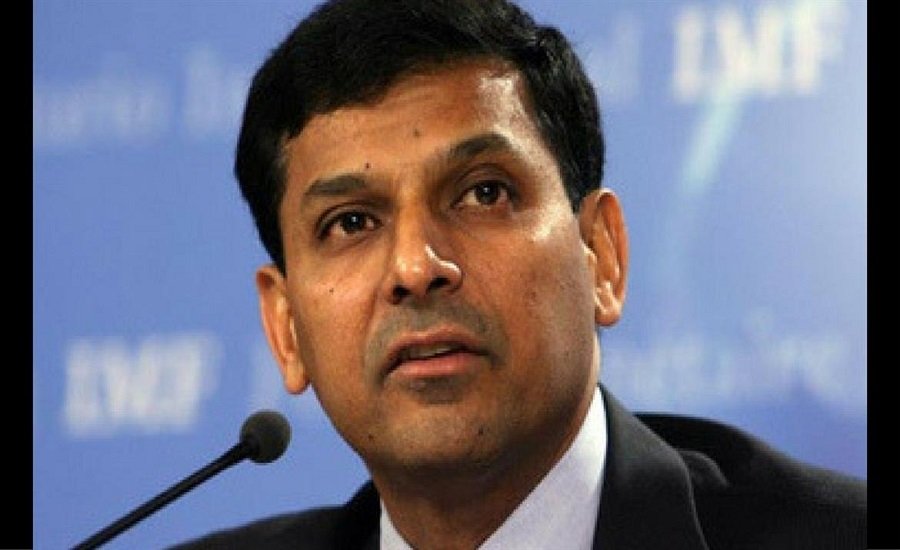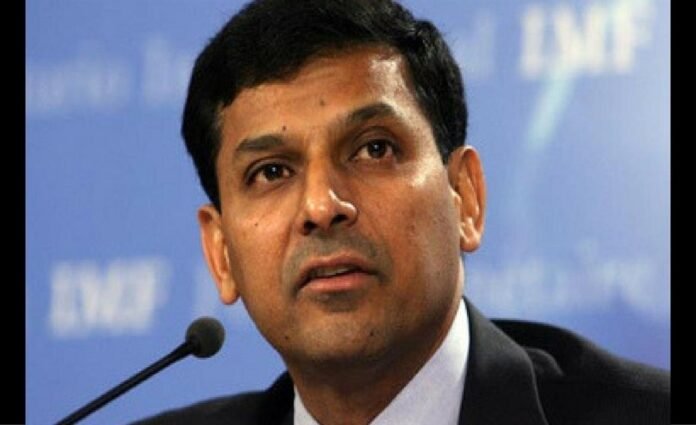
“I would say that to my mind is the lesson from Sri Lanka. Let us work for communal harmony and unity of the country. That will strengthen the economy and integrity of the country,” asserted the former RBI governor
Team Clarion
NEW DELHI – Days after pointing out how reducing minorities to the status of second class citizens will divide the country, former governor of Reserve Bank of India (RBI) Raghuram Rajan warned of the economic and social consequences of persecuting minorities in India.
Speaking at an event on Saturday, Rajan had warned against majoritarianism and said Sri Lanka was an example of what happens when a country’s politicians try to deflect a job crisis by targeting minorities.
On Wednesday, in an interview with NDTV, he supported the comparison drawn between India and Sri Lanka in terms of their policies with regard to the minorities.
“Sri Lanka certainly had a large minority – the Tamils. And when they had a problem of jobless growth, politicians found it particularly easy to deflect some of the attention to the problem of minorities and made a bogeyman out of the minorities… essentially creating the strife that resulted in civil war,” said Rajan.
He urged the country to focus on communal harmony taking a lesson from the Sri Lanka’s situation.
“I would say that to my mind is the lesson from Sri Lanka. Let us work for communal harmony and unity of the country. That will strengthen the economy and integrity of the country,” he asserted.
When it comes to drawing a parallel between the situations of two countries, Rajan said India is some distance away and people should be worried about it.
“It is something we should start worrying about given the kind of fuel that is being fed to this fire by some politicians,” he said about India’s situation.
Pointing out the economic consequences of communal strife, Rajan said “People worry. First, they think of the consequences down the line… The other thing they think about is ‘Do I really want to do business with a country which mistreats its minorities?”.
He also cited the example of China as an economic consequence of persecuting minorities and said that there was a lot of pushback from the US and Europe countries on the issue of Uyghurs.
There are sanctions on goods that are produced there. There are also increasing motions by shareholders saying they want to stop doing business in these areas,” said Rajan.
He also urged the civil society to play their role in maintaining communal harmony in the country.
“I would say that if we can do the right things, we can certainly restore what we have lost but the further you go down this road, the harder it becomes,” he asserted.
The Narendra Modi Government has faced massive criticism from Opposition parties, human rights groups and even from other countries for persecuting Indian Muslims. The minority groups have faced violence, boycotts and hate campaigns since Narendra Modi became Prime Minister in 2014.





